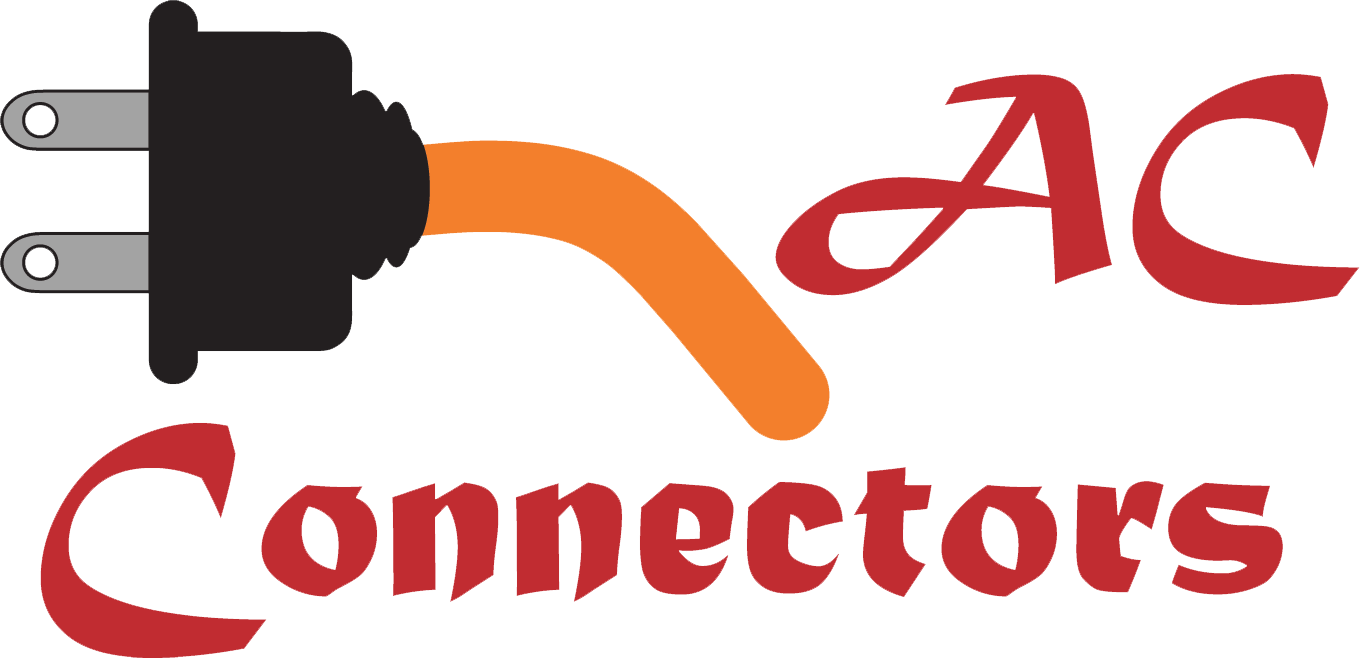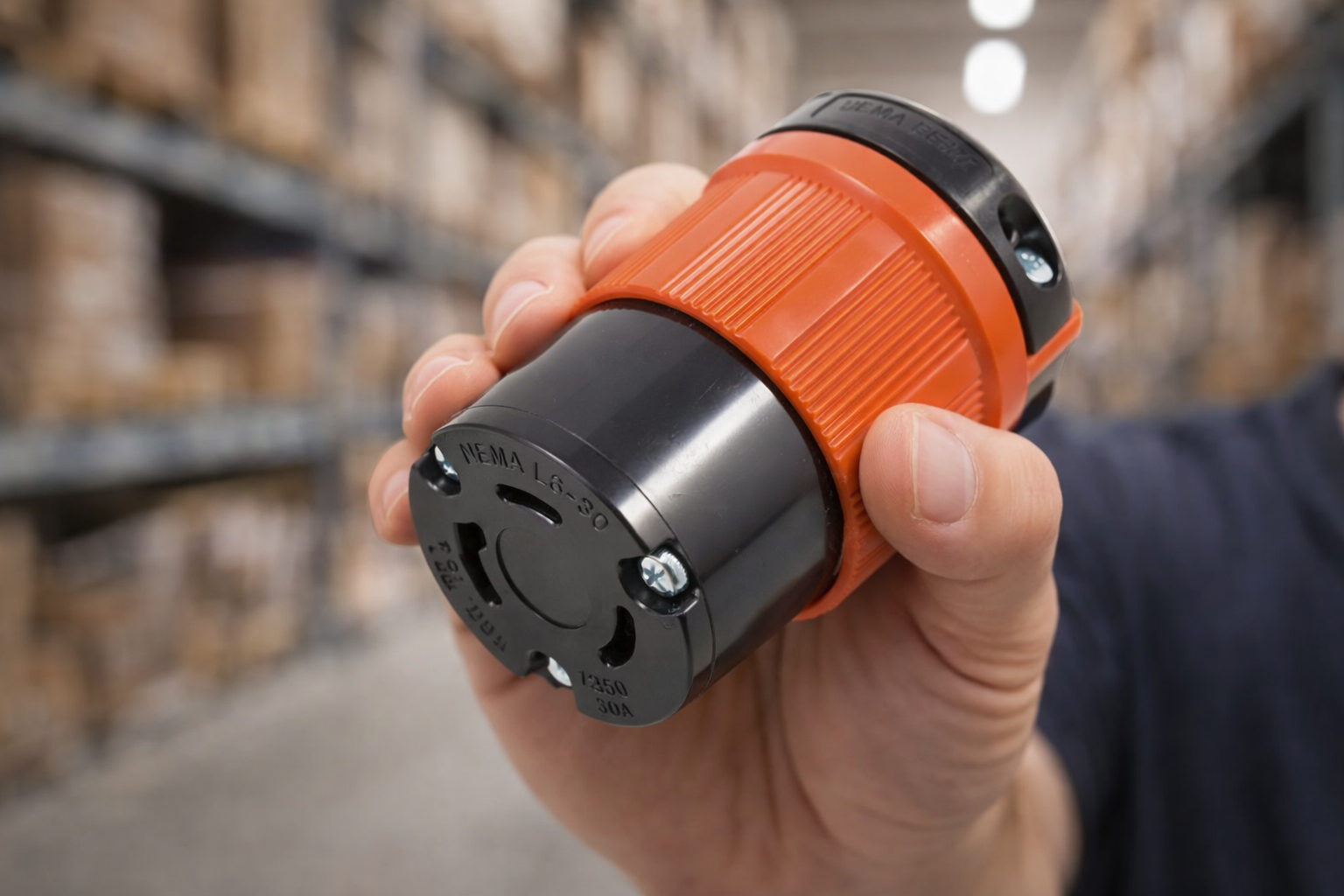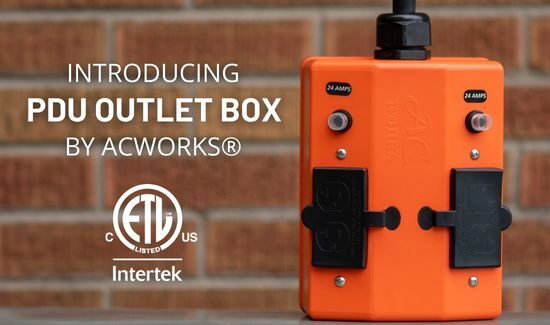It may not feel like it in our home state of Wisconsin, but it is spring. Time to start prepping and planning your camping adventures for the season. You don't want to find yourself with any problems on a road trip or vacation so make sure you take the necessary precautions to avoid as many problems as you can before you travel.
Some people store their RV indoors and others store them outdoors. There is a list of ideal things to do and check for before you use your RV for the season. Some of our tips will be for the outdoor stored and some for the indoor stored RV, however, it is a good idea to get to know the list either way.
TIPS: If you must store your RV outdoors, always use your breathable waterproof RV cover to prevent as much damage as possible during the long winter months.

Wash your RV:
Remove the RV from storage and wash the exterior of your RV, checking for any damage while doing so. Next, you should open all windows and vents to air it out. Check the windows for any damage. Wash/clean the entire RV to remove any dust, debris, animals and/or bugs, if applicable. Open all cabinets, compartments and small spaces to inspect for rodents, bugs and to clean any dust or debris.
FUN FACTS: You can place dryer sheets under your mattress and cushions, inside the RV to prevent any mice from getting friendly. Mice do not like the smell of dryer sheets and they will avoid the area.
If you had to store your RV in a location needing it to be winterized, make sure you de-winterize your RV a couple weeks before your first scheduled trip. This will give you plenty of time to do your needed inspections and repairs if any. Check with your local dealer for tips on how to winterize and de-winterize your RV or to have it serviced.
Inspect your RV:
Always check your tires for dry rot, proper air pressure, and tread.
Inspect your battery for cracks or damage caused during the winter months. Replace the battery is damaged. Clean the battery, check fluid levels and fully charge before you re-install the battery, if not damaged. If removed during winter, clean and replace. It is a good idea to inspect your battery even if you stored it for the winter.
Inspect and run your propane, furnace, refrigerator, air conditioner, heat, electrical systems and any plumbing to be sure they are working properly. Inspect your water lines for leaks or damage.
Check your oil and its levels are correct. Check your engine coolant, brake fluid, and transmission fluid levels. Check the hydraulic jacks and check or replace fluid if necessary.
Open the awning if you have one, to let it dry and air it out. Inspect all seams for water damage. You can also check the outer seams on the roof and around the RV when washing the RV to save time.
Safety Inspection:
SAFETY TIP: Make sure you have an emergency kit stored in your RV. Keep it in an easily accessible location. Include a flashlight, first aid kit, basic tool kit, duct and electrical tape, and automotive emergency necessities like jumper cables and a gas can.
Check the fire extinguisher to be sure it is charged. Test your Carbon Monoxide detector to be sure it is working and change the batteries. Lastly, check your LP gas leak detector and your smoke detector for proper operation and fresh batteries. Keep extra batteries in your emergency kit.
Once you have completed the important steps to prep your RV for seeing the country all summer long, make sure you are able to get the power you need. Whether you plan on using a generator or campgrounds electrical service, you may find yourself without power from time to time. We want to try and avoid those situations by offering RV Adapter Kits.
We have a kit for your 30 Amp RV and a kit for your 50 Amp RV.
Grab the kit you need to match your RV power and you will be able to plug into any situation on the go.
If you have any questions about the kits or any other adapters you may need, please contact customer service, so we can help you purchase the correct solution to your power needs.
Enjoy your summer travels, let us know where you plan on traveling in the comments below.








Share:
How to Choose a Generator for your RV/Camping Needs
Generator and RV Safety